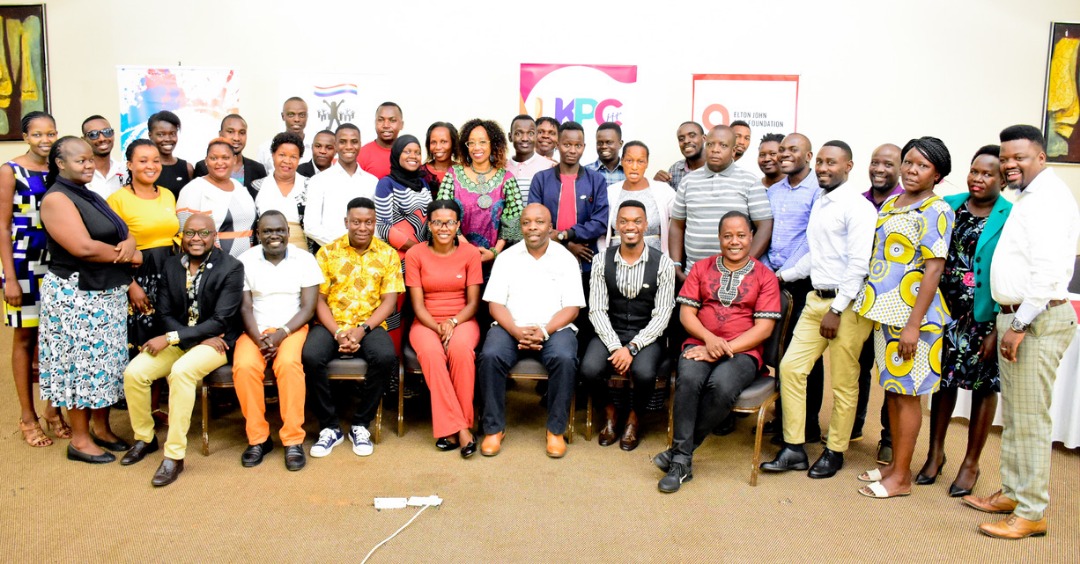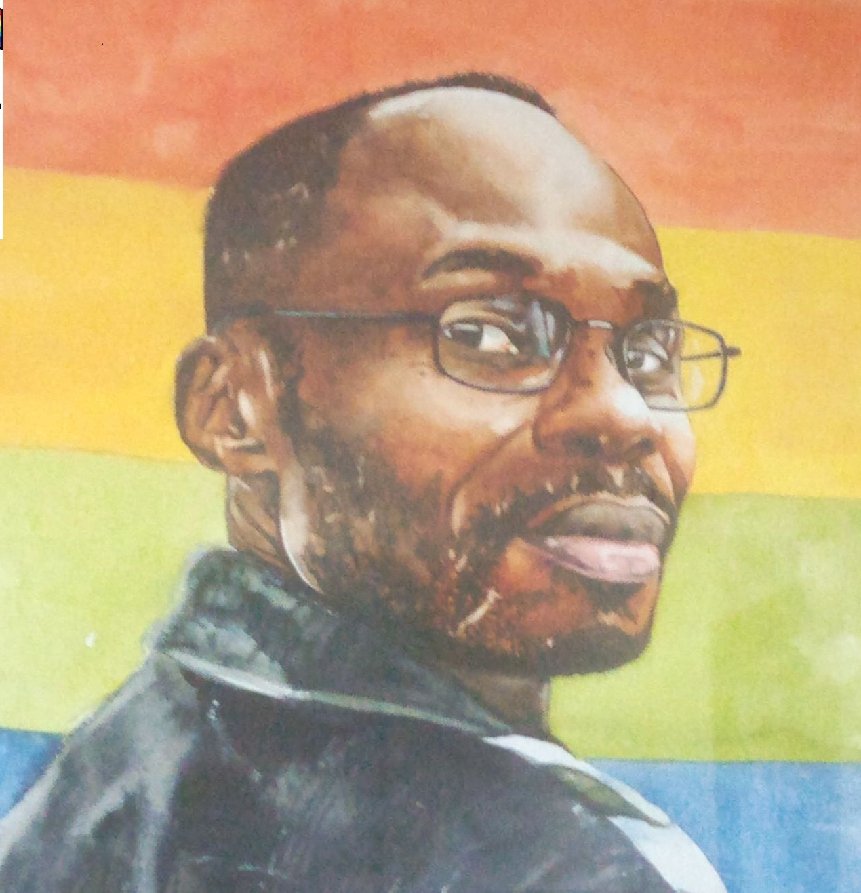Sexual Minorities Uganda (SMUG)and Human Rights Awareness and Promotion Forum (HRAPF) held a Legal Strategy Meeting to strategize on the way forward after the Uganda Registration Services Bureau’s refusal to reserve the name ‘Sexual Minorities Uganda’.
The meeting on 13th August 2015 was attended by 20 persons: lawyers and activists. These were: leading legal scholars, practicing lawyers in private practice who have dealt with sexual minorities issues before, HRAPF lawyers, and SMUG members.
Members who attended the meeting identified three legal options including filing a judicial review case in the High Court; filing an Article 50 case on enforcement of rights in the High Court; and filing an Article 137 petition in the Constitutional Court. Of these, the enforcement options and the constitutional interpretation options were seen as the most strategic and practical.
Having weighed the merits and demerits of each approach, it was resolved that since this was a decision that would have implications beyond SMUG as 3 an organisation, further consultations needed to be made within the LGBTI community, and among the lawyers. A bigger meeting had to be organised with more representatives of the LGBTI community and with lawyers involved in the Kenya and Botswana cases.
HRAPF and SMUG were tasked with the necessary preparations.
SMUG Executive Director Dr. Frank Mugisha says “We shall fully consult with our membership and beyond for us to clearly understand what it means to take up such a legal challenge. Our end goal is to be registered and recognized so we can enjoy our freedom of association as guaranteed in the Uganda Constitution.
BACKGROUND;
The promoters of Sexual Minorities Uganda (SMUG) sought to reserve the name ‘Sexual Minorities Uganda’ with the Uganda Registration Services Bureau as the first step towards incorporation as a Company Limited by Guarantee. They instructed HRAPF to take lead on this process. On 22nd November 2012, the Directors of SMUG through HRAPF applied to have the name Sexual Minorities Uganda reserved under S.18 of the Companies Act Cap 110. On 28th November 2012, the reservation form was returned to HRAPF with the words ‘Name not clear’. On 12th December 2012, HRAPF wrote a letter seeking an explanation on what was not clear in the name, and clarity as to whether the name had been rejected or not. On 22nd February 2013, HRAPF received a response from the URSB asking for the original reservation form, which was sent to them on 28th February 2013. On 5th March 2013 the Registrar General’s office wrote back asking HRAPF to clarify the name. On 24th May 2013, HRAPF wrote back to the Registrar General and provided an explanation of the name, including setting out the organisation’s objectives. No response was received to this letter. On 2nd September 2013, HRAPF wrote a letter further explaining the name Sexual Minorities Uganda by defining the phrase ‘Sexual Minorities’. Again there was no response. On 3rd February 2015, HRAPF wrote a lengthy letter setting out the background and the process so far and sought the final position of the registry on 2 whether the name would be reserved or not. On 16th February 2015, HRAPF received a response stating that the name had been rejected under Section 36 of the Companies Act 2012 which gives the Registrar powers not to reserve a name if in their opinion, it is undesirable.
According to the response, the name ‘Sexual Minorities Uganda’ was undesirable since ‘the organisation is formed to advocate for the rights and wellbeing of lesbian and gay (sic) among others which persons are engaged in criminal activities under S.145 of the Penal Code Act cap 120.’ The letter continued that ‘Bearing in mind our mandate to administer relevant laws, we cannot sanction a criminal act.’ HRAPF duly reported the position to SMUG and discussions on the way forward begun.
After many deliberations, and after the positive judgments in the Botswana LEGABIBO case and the Kenyan National Gay and Lesbian Human Rights Commission case, both organisations agreed to strategically challenge this decision.
However, as the usual practice is for strategic cases, a legal strategy meeting had to be organised to have lawyers and activists decide on the legal option(s) to take and also on the necessary advocacy options. The case is of strategic importance because LGBTI organisations have been facing challenges registering under names and objectives that clearly indicate their work on LGBTI issues. This case would help to clear the air on whether the URSB can refuse to register such names.




